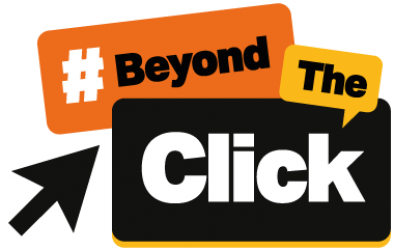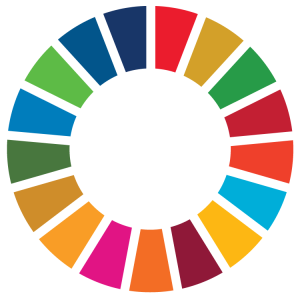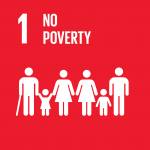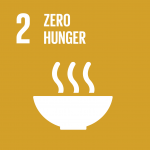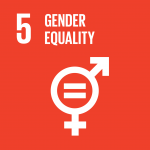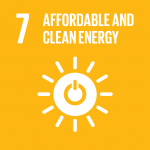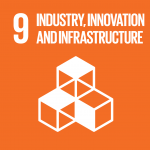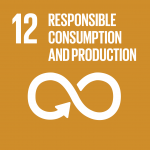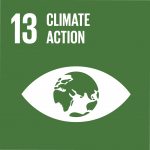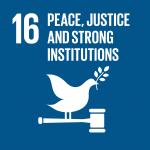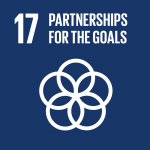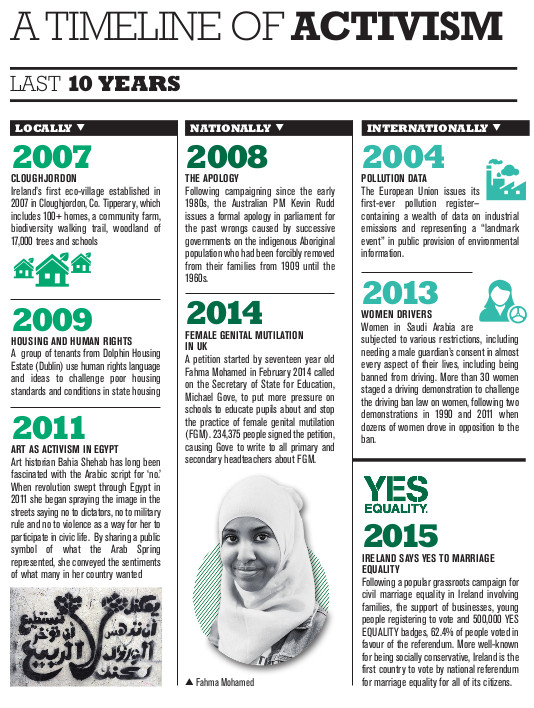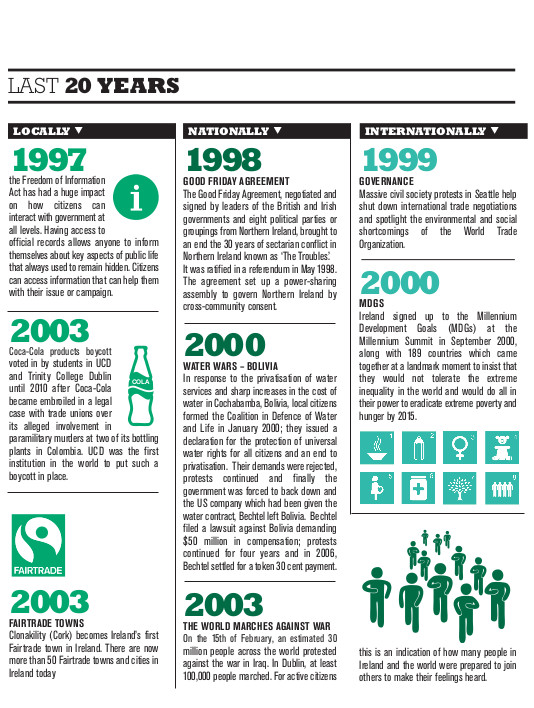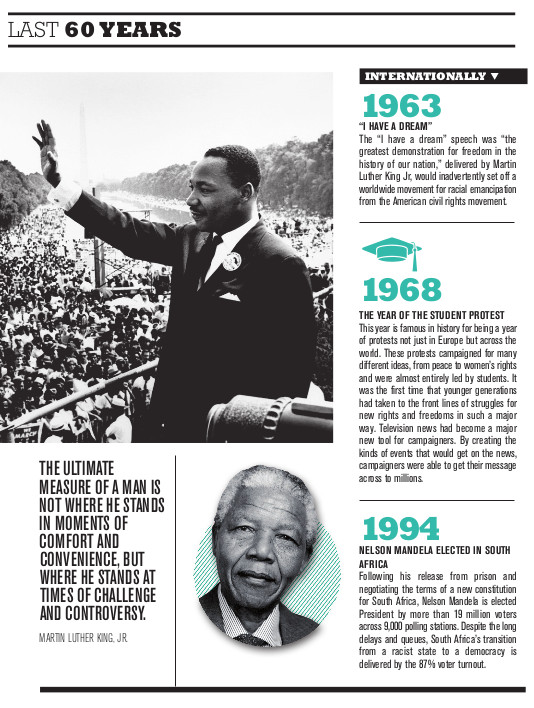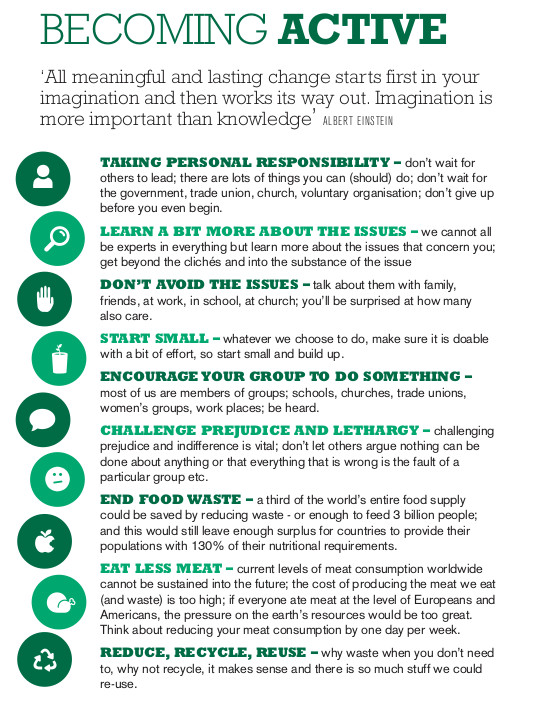8. Dominant Perspectives and Missing Views
- Western and ‘developed’ world dominance – ability to recognise how western interests and viewpoints currently dominate digital markets
- Missing or weak voices – awareness that many voices remain ‘missing’ in digital communications locally and internationally
- Finding ‘other’ voices – ability to find, access and analyse alternative digital sources and platforms
- Telling a different story – the human rights way. Consider ‘enriching the public debate’ by taking a stand on an issue.
Case studies: Checking in at Standing Rock; #HowBigisYours; #EndFGM
Activity 8.1 Access to the internet - a reflection
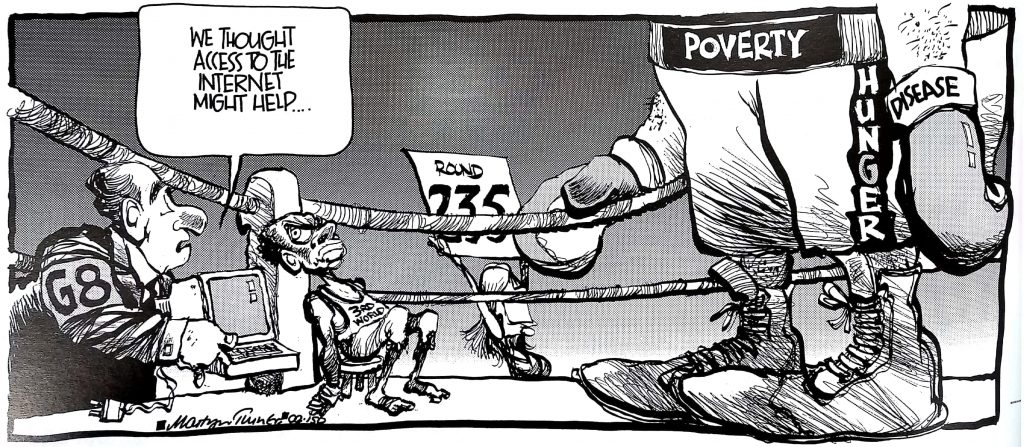
1. Display or hand out copies of Martyn Turner’s Access to the Internet cartoon. Invite the group to review the cartoon and discuss the following questions:
- What is the cartoon saying about the internet?
- Who do the characters in the cartoon represent and do you think it’s a fair representation?
- What does the cartoon say about world poverty, human development and the internet?
- Have they ever looked at the internet in this way? If not, why not?
2. In the whole group, discuss the responses and list the implications of the discussion for digital communication and for human development.
3. Now, show or distribute copies of the World Internet Access Data Sheet (display the interactive graphics below, based on source graphics and data from OurWorldInData.org), and discuss the implications of this for our perception of the internet and for the issues discussed in 1 and 2 above.
- Handout 23: World Internet Access Data
- Graphic 1 online: Internet users by world region
- Graphic 2 online: Share of individuals using the internet, 2015
Activity 8.2 Making a poster and exploring perspectives - the Development Compass Rose
1. Make a large poster version of the Development Compass Rose (adapted for global digital perspectives, based on the original Development Compass Rose produced by TIDE~ global learning) as illustrated below.
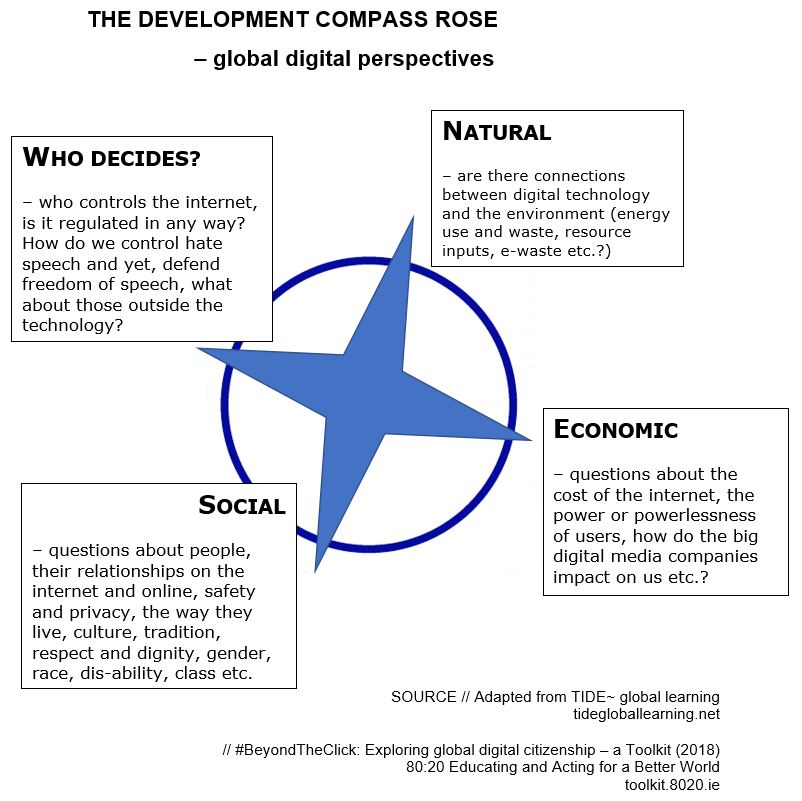
2. Break your group into four smaller groups and allocate each group one of the four compass points – Who Decides, Natural, Economic and Social. Ask each group to discuss and record what they know about the implications of their ‘angle’ on the internet – the ‘hints’ below may be useful:
- Natural – are there connections between digital technology and the environment (energy use and waste, resource inputs, e-waste etc.?)
- Who Decides? – who controls the internet, is it regulated in any way? How do we control hate speech and yet, defend freedom of speech, what about those outside the technology?
- Social – questions about people, their relationships on the net, safety and privacy, respect and dignity, gender, race, dis-ability, class etc.
- Economic – questions about the cost of the internet, the power or powerlessness of users, how do the big digital media companies impact on us etc.?
Now, invite each group to feedback their conversations and ideas and translate them on to the larger version of the Compass Rose. Discuss the implications of the results for how we see and interact with digital technology and communications.
3. Now, task each group to consider the future on their angle or point on the Compass Rose, and ask them to agree on posing 3 questions. Collect feedback as a group, reading answers out, and see if anything changes on the large format Compass Rose. If so, add this and then summarise the outcomes of the overall discussion.
- For more, see the educator’s document on the Development Compass Rose framework produced by TIDE~global learning
Activity 8.3 Why is the internet so white and western?
1. Give each group a copy (/read online) of the We’re all connected now, so why is the internet so white and western? article, based on an article written by Mark Graham and Anasuya Sengupta in The Guardian (October 2017), ask them to read and discuss it and consider the following questions:
- What surprises you most about this view of the internet?
- What does it say about the reliability of digital media and its worldview?
- Can you list 3 implications of this for human development, human rights, equality etc.?
- Can you think of ways to overcome this challenge?
Facilitate a whole group discussion and identify the main conclusions of the analysis.
2. Watch The Danger of a Single Story by Chimamanda Ngozi Adichie.
In in small groups of 3 or 4, ask everyone to discuss the key messages of Chimamanda’s TED talk, particularly on the top 3 impacts of what happens if we only hear only a single story about another person or country. ‘What does this mean for me / us?’
Activity 8.4 Exploring ‘voices’ on websites
1. Invite the group to list any websites they are familiar with where some of the issues, voices and groups often missing on the internet can be found. Why is it so difficult to do so? Ask them to do some online searches using keywords such as women’s rights, human rights, sustainable development and then report back on what they found and on reactions to it.
2. Invite the group to take one of the websites listed below, review it and report back on what they found that surprised them most?
Activity 8.5 Telling a Different Story – the human rights way
1. When challenging a story, especially one that demeans and undermines others denying them their dignity, identity and place in the world, it is vital that human rights values, principles and practices become visible. And ‘liberating’ in the real meaning of that word.
Key questions:
- Whose story do we want/need to tell?
- What values and principles do we stand for?
- How do we make them visible and real?
- What ‘picture’ of an alternate future are we painting?
2. Ask your group to think of examples of groups of people who have been targeted and labelled in a way that could be described as ‘hateful’ (e.g. Travellers, Gays, Migrants, Muslims – there are many others). How does such a ‘hate’ show itself? Words, myths, actions? What are the consequences of this for ‘them’ and for ‘us’? How do you feel about such speech?
List the responses and extend the discussion. Identify some of the characteristics and phrases used in ‘hate’ speak.
3. List the characteristics and keywords identified above and invite the group to offer ‘counter’ characteristics and words focusing on what we share in common rather than on what divides us (respect, identity, safety, friendship etc.). What do these words and characteristics tell us about people in general?
4. Watch the music video by Prince Ea: ‘I am NOT black, and you are NOT white’
Invite the group to consider ‘enriching the public debate’ and to ‘take a stand’ on a global development or human issue raised during previous activities to improve dialogue among different groups to challenge unfair, unequal and unjust political narratives, and to foster a culture of universal human rights. In deliberating the everyday activism that can be fostered by the group:
Consider the activist timeline from Everyday Activism: such is the place where real change begins (2012) by Concern Worldwide and the suggestions on ‘becoming active’ on p.12:
4. Present the following extract in front of the group on a whiteboard or print out from the We Can manual (2017) by the No Hate Speech Movement, to support a planning discussion on ‘how to take a stand’ and what type of media would be most appropriate to use as producers:
“Every narrative selects particular events or characters and excludes others.
Oppressive narratives neglect wide sectors of a community.
Alternative narratives, on the other hand, aim at enriching the public discourse and the dialogue within a society by including more events, more characters, more perspectives and more data in the public arena.
The final goal would then be fostering people’s critical thinking.”
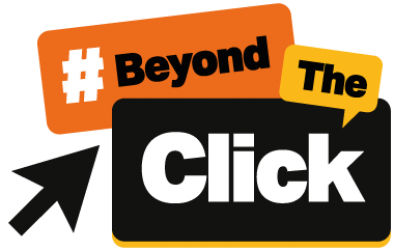
〉〉〉〉 Adapt, share and remix #BeyondTheClick 〈〈〈〈
Stay in touch, share ideas and case studies and amplify your actions by keeping us posted on your progress as you build awareness and digital communities as you go beyond clicks into meaningful global digital actions.
Tag us on Twitter @our8020world, on Facebook @8020world and using the hashtag #beyondtheclick to share your actions across digital communities.
Next: Case Studies & Tools section

